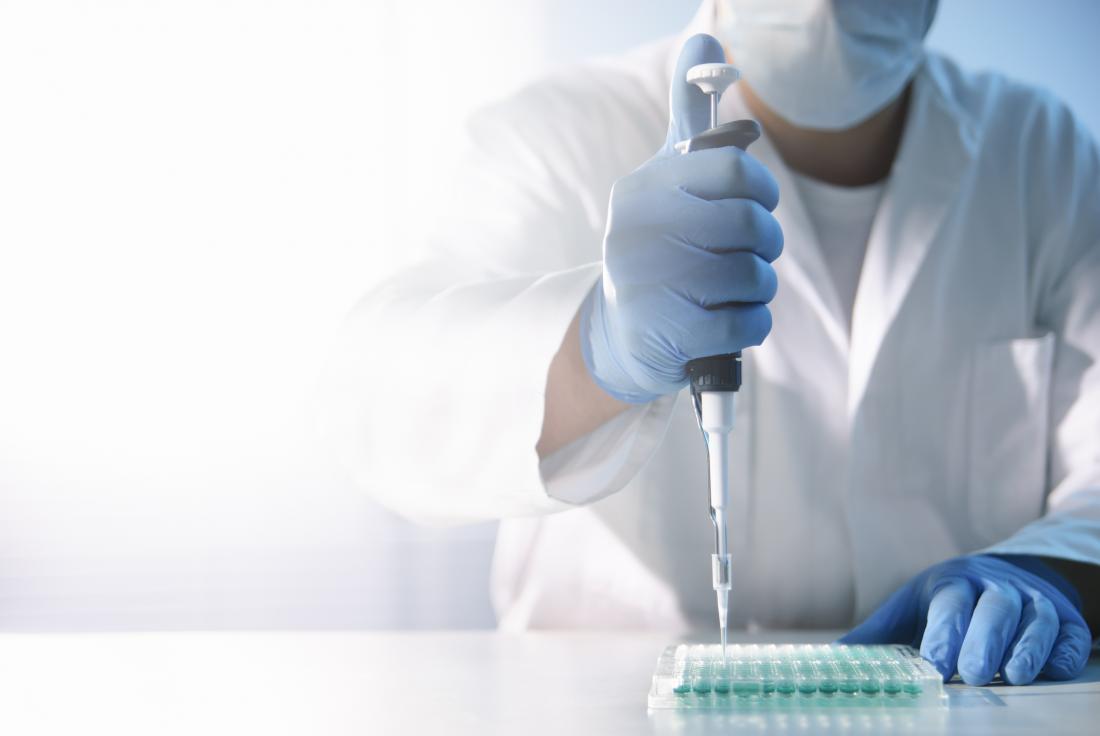Experimental drug may treat 'undruggable' cancers

Many cancers are hard to treat because they share a faulty cell-signaling pathway that is very difficult to target. Could one new experimental drug on the brink of human trials be the much-needed breakthrough?
The cell-signaling pathway is called RAS/MAPK and it influences many cell functions including growth, division, and death. Around half of all cancer cases — in a range of different tissues — have defects in this pathway.
Now, researchers at the University of California, San Francisco (UCSF) and Revolution Medicines in Redwood City, CA, have identified a new approach for targeting the RAS/MAPK pathway, which is also called the MAPK/ERK pathway.
In a study paper that is now published in the journal Nature Cell Biology, they describe how an experimental drug effectively "decoupled" the pathway from growth signals arriving at the cell.
The compound, which they call RMC-4550, significantly slows cancer progression in laboratory cell lines of pancreatic, lung, skin, and colon cancer, as well as in human lung tumors that had been grown in mice.
"RAS/MAPK," says senior study author Dr. Trever G. Bivona, a clinical oncologist with UCSF Health, "is one of the most important cancer signaling pathways, but so far most attempts to develop targeted drugs against this pathway have ended in failure."
In fact, the search for drugs that target the pathway has proved so challenging that some scientists have likened it to a quest for the "Holy Grail" of cancer treatment, he notes.
Cancer and cell signaling
Cancer arises when cells grow abnormally and form a mass known as a tumor. The tumor may stay where it started — that is, remain "in situ" — or it can become invasive and grow into neighboring organs and tissue.
Cells can also break away from the primary tumor, migrate through blood and lymph vessels, and establish secondary tumors in other parts of the body. This process is called metastasis. Cells of metastatic tumors bear the hallmarks of the primary tumor.
As the tumors grow, they disrupt healthy tissue and organs and eventually threaten their ability to sustain life.
Alterations in genes and the factors that influence their behavior drive the complex process of cancer. Some alterations "map to signaling pathways" that influence the growth, division, mobility, and fate of cells.
RAS/MAPK is such a pathway, and it starts with an "upstream" signal that arrives from outside the cell. When the associated cell surface protein, or receptor, detects the signal, it will trigger an internal cell protein called RAS.
RAS then activates a series of molecular reactions that triggers other proteins, including RAF, MEK, and MAPK.
The pathway is a cascade of molecular events that control several "downstream" genetic processes that promote growth by switching genes on and off.
While this is going on, another group of proteins called tumor suppressors are keeping the pathway in check so that growth does not get out of control. NF1 is such a protein.
